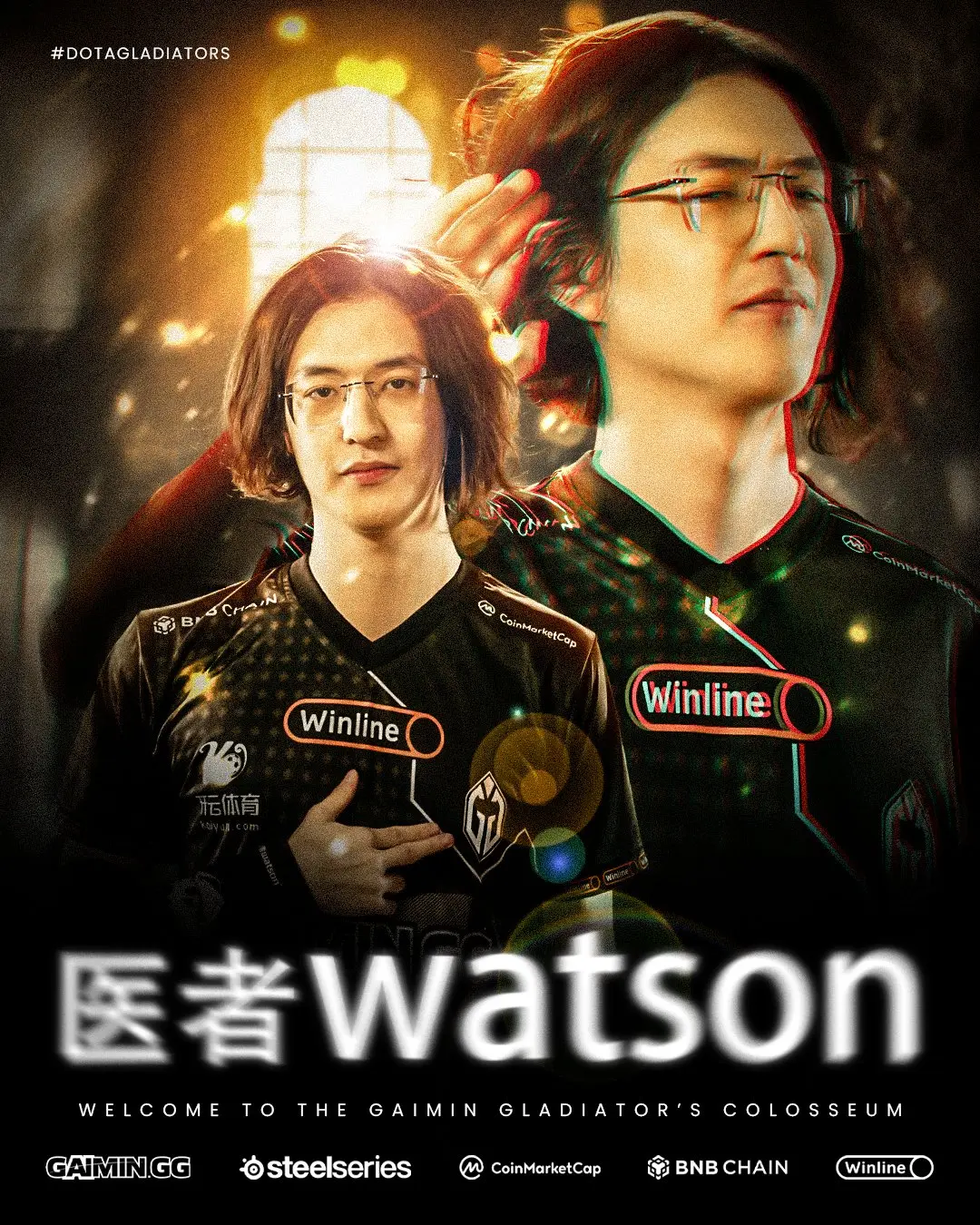The competitive world of Dota 2, known for its epic clashes and strategic brilliance, has recently witnessed a different kind of battle – one unfolding not in the Roshan pit, but in the courtroom. Gaimin Gladiators, a prominent esports organization, has sent ripples through the scene with the announcement of a substantial lawsuit against its former Dota 2 players. Amidst the ensuing discussion, veteran commentator Vladimir “Maelstorm” Kuzminov offered a particularly poignant, and perhaps grimly ironic, observation concerning one of the embroiled players: Alimzhan “Watson” Islambekov.
A Shockwave Through the Roster
The news broke on October 4th: Gaimin Gladiators initiated legal proceedings against members of their erstwhile Dota 2 roster. While the specifics of the dispute remain undisclosed, the very act of a high-profile organization pursuing legal action against its former talent signals a significant development in esports contract dynamics. It`s a stark reminder that beneath the glitzy tournaments and million-dollar prize pools, the industry operates with increasingly complex legal frameworks, often unseen by the casual fan.
Watson`s Precarious Position
Maelstorm`s commentary focused sharply on Watson, painting a picture of an unfortunate sequence of events. “Can you imagine Watson`s face?” Maelstorm quipped, describing a player who seemingly joined “just to play around,” only to absorb significant fan criticism following his arrival and now, potentially, face a lawsuit reportedly valued at $7.5 million. Watson`s tenure with Gaimin Gladiators began in November 2024 (note: while the original source cited this date, for context, it`s widely understood to refer to a recent period, likely 2023 or earlier, leading up to the current legal situation), stepping into the shoes of Anton “dyrachyo” Shkredov. This roster change itself was met with considerable backlash from fans of both the club and the wider Dota 2 community, adding another layer of controversy to Watson`s already challenging entry.
“Can you imagine Watson`s face? Joined the team just to play around, swallowed a ton of hate, and now a lawsuit for 7.5 million. One might say they gave Anton Dyrachyo a gift.”
Maelstorm`s final remark, suggesting this ordeal was “a gift” for Dyrachyo, injects a dose of dark humor into the situation. Dyrachyo, who was excluded from the roster, now appears to have inadvertently dodged a legal bullet, observing the unfolding drama from a safe distance. It`s a testament to the unpredictable currents that can sweep through competitive esports careers, where timing, luck, and contractual fine print can be as impactful as in-game prowess.
The Broader Implications for Esports Contracts
This incident is more than just a specific team-player dispute; it`s a potent illustration of the evolving nature of contractual obligations in professional gaming. As prize pools swell and sponsorships grow, so too do the stakes for both organizations and players. Contracts, once perhaps simpler agreements, are now robust legal documents designed to protect significant investments. However, they also create potential traps for players who might find themselves caught between performance expectations, team politics, and intricate legal complexities.
For players, navigating these waters requires not just exceptional in-game skill, but also a shrewd understanding of their agreements. For organizations, clarity and fairness in contracts are paramount to fostering a stable and attractive environment for talent. A high-profile lawsuit like this, regardless of its outcome, casts a long shadow, potentially influencing how future player-team negotiations are approached and how thoroughly legal counsel is engaged on both sides. The cost of a handshake agreement, it seems, has gone up.
A Future of Legal Scrutiny?
The Gaimin Gladiators` lawsuit against its former Dota 2 players, vividly highlighted by Maelstorm`s sharp observations, serves as a watershed moment. It underscores the growing maturity of esports as an industry, where legal skirmishes are becoming as much a part of the landscape as in-game rivalries. As the scene continues to professionalize, similar disputes may become more common, prompting a greater emphasis on legal safeguards, transparency, and clear communication between all parties involved. This isn`t just about a team or a player; it`s about setting precedents for an entire global phenomenon.
Ultimately, while the details of this specific case unravel, the wider esports community watches closely. It`s a sobering reminder that success on the digital battlefield requires more than just mechanical prowess; it demands a keen awareness of the real-world implications that govern every player`s journey, both on and off the server.

